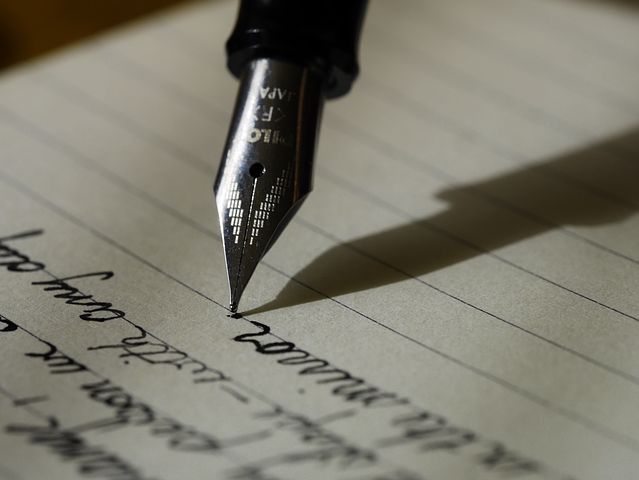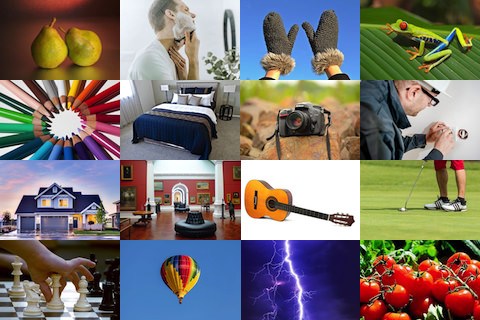In the Flash Forward ESL activity students imagine a time in the future, and describe what their life will be like at that point.
Setup
You will need to write or project times/dates in the future on the board. You could prepare these beforehand, but you can also just make them up as you go.
Divide the class into pairs.
Activity
- Display a time/date on the board. These could range from this evening, tomorrow, or next weekend, to six months, five or fifty years in the future (depending on the age of your class!). You could present them chronologically, but it’s often more fun to mix them up.
- Students discuss with their partner what they think their life will be like at that time, using the target language.
- They should keep the conversation going for at least one to three minutes, depending on the level and target language. With a quiet class, elicit some conversation topics/questions beforehand (work, home, family, entertainment/hobbies etc.).
- After the students have discussed for a sufficient time, change the time/date on the board and repeat. Optionally, you could get students to change partners each time to freshen things up (see Inner Circle Outer Circle). Repeat as many times as desired.
Target Language
The Flash Forward ESL activity is a short conversation activity to practise any or all of the future tenses. As such you can use it at any level from high beginner (future simple) to low advanced (future perfect simple and future perfect continuous). You can use it as part of your main class, or as a warmer.
The conversation topics may vary depending on your target language. With the future simple, they are likely to focus on information such as your job, where you live, your daily routine, what you do for fun etc.
For the future continuous or future perfect continuous, students could talk about things that will be current in their life at that time. For example I will be saving up for a house, or I will have been travelling a lot for work.
Conversations with the future perfect simple on the other hand would focus on completed activities. For example I will have finished university or I will have had a family.
For a very similar activity to practise the future perfect tenses (in which students make predictions not only about themselves), try Back To The Future.
Got a picture or video of this activity in action? How about snapping one next time you use it? We'd love to showcase your submissions- find out more here.

